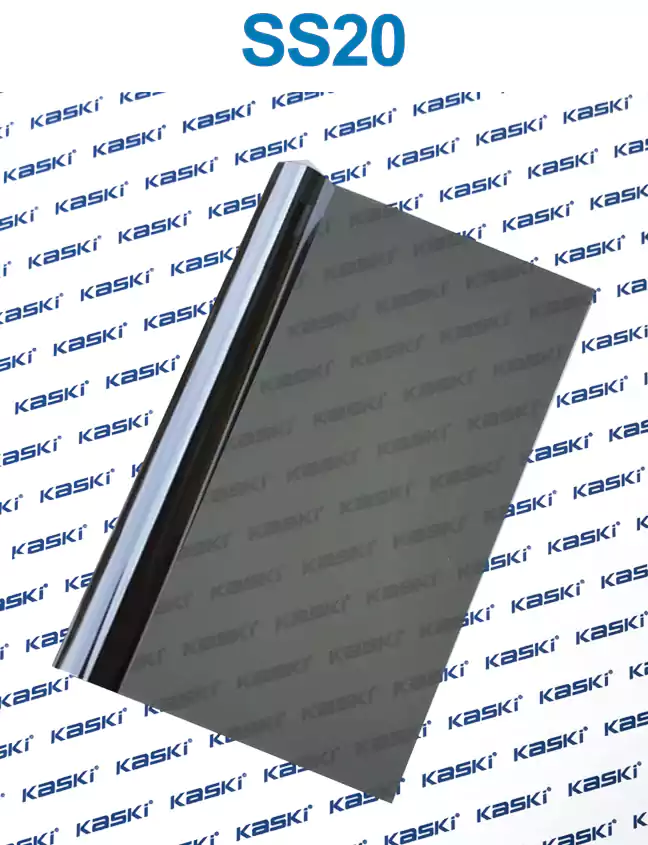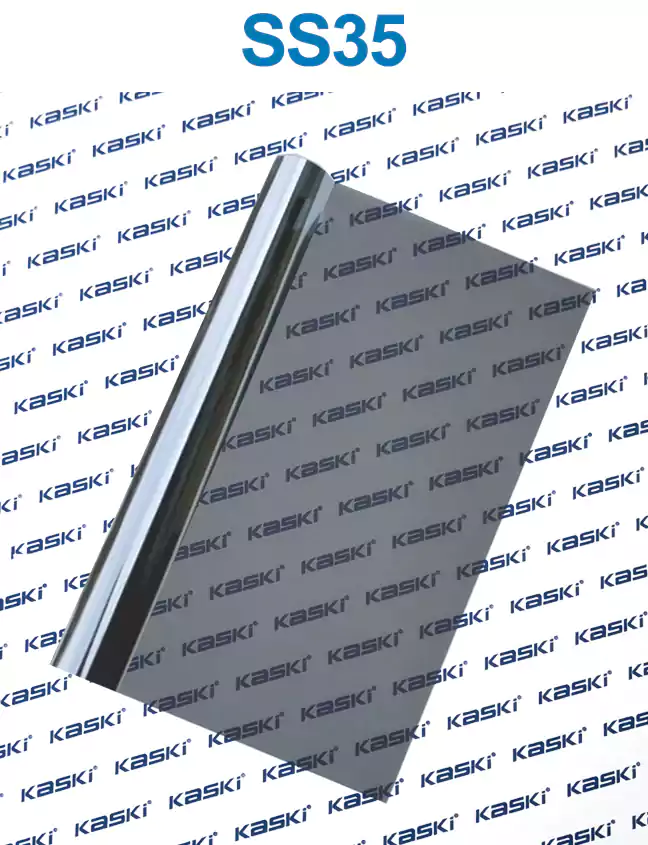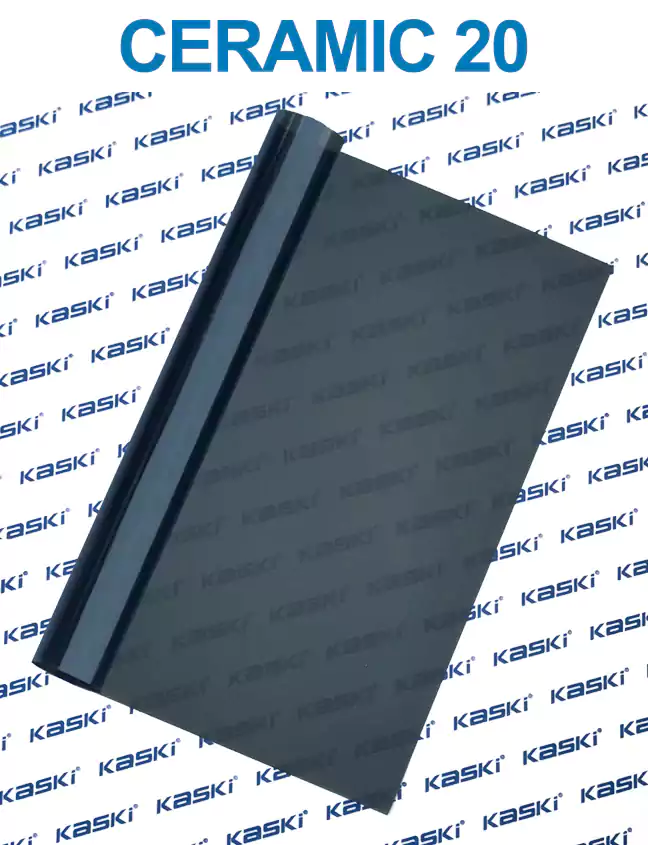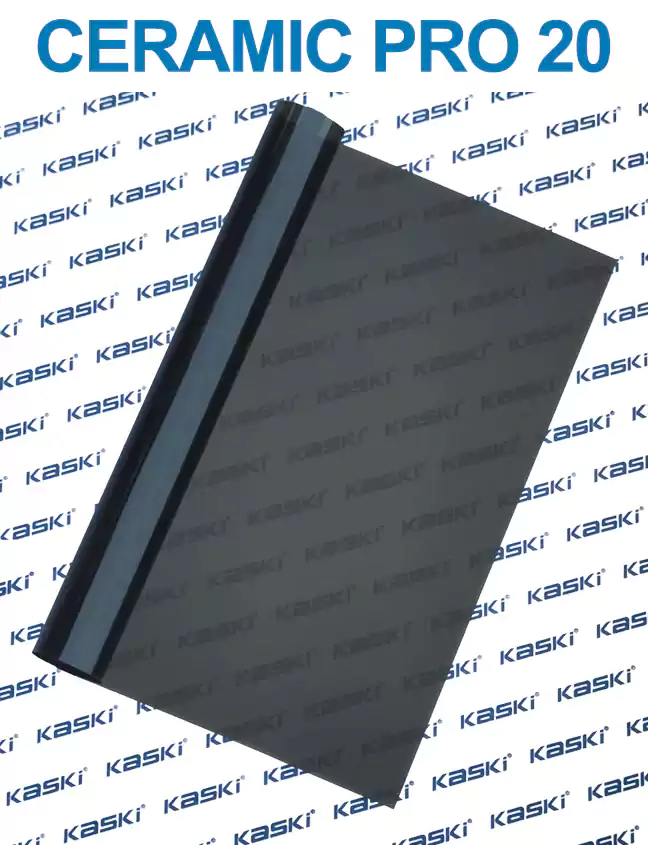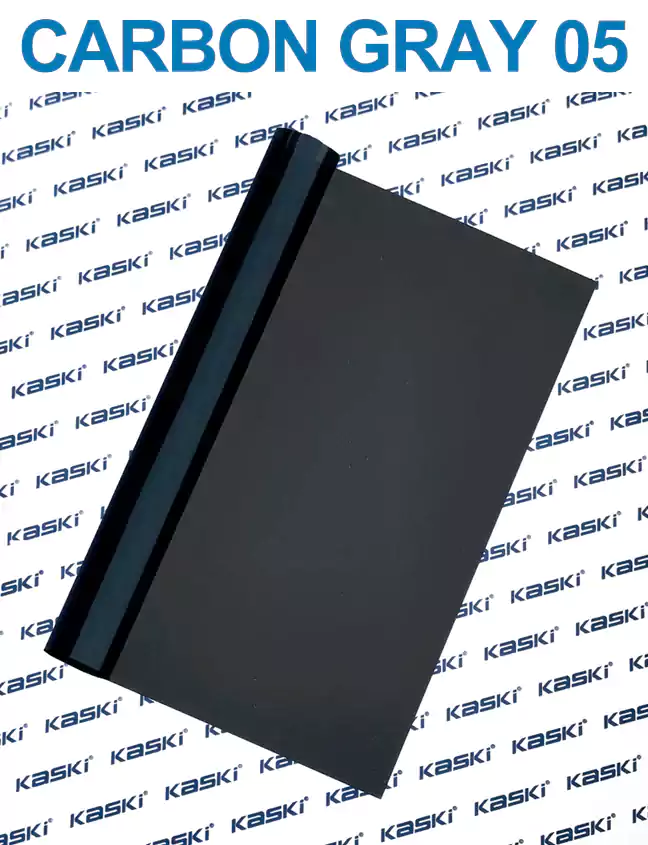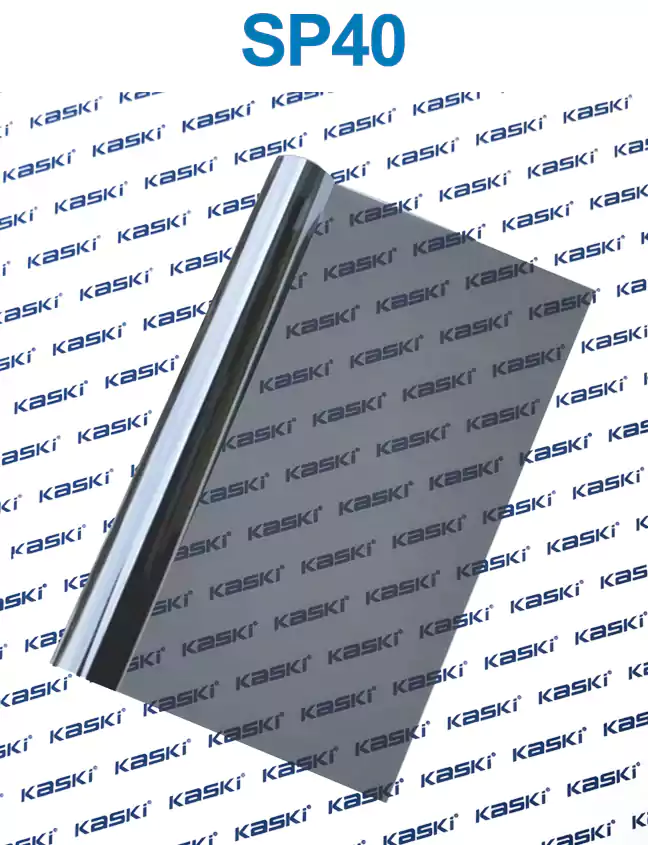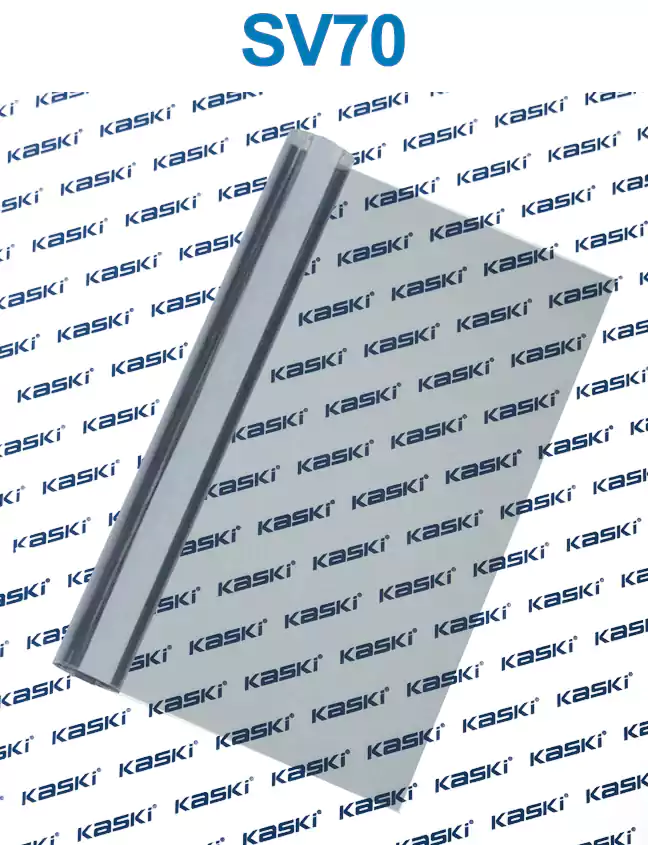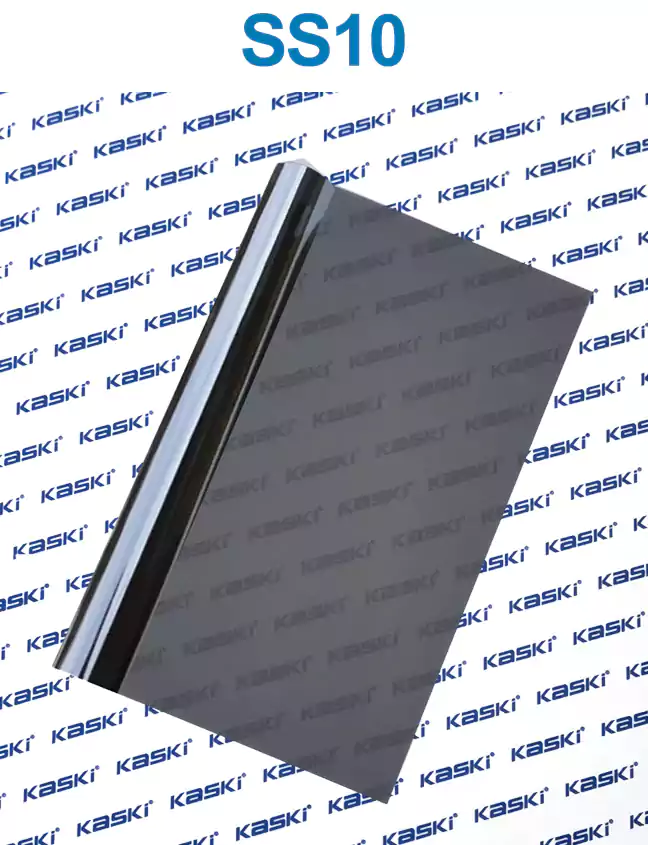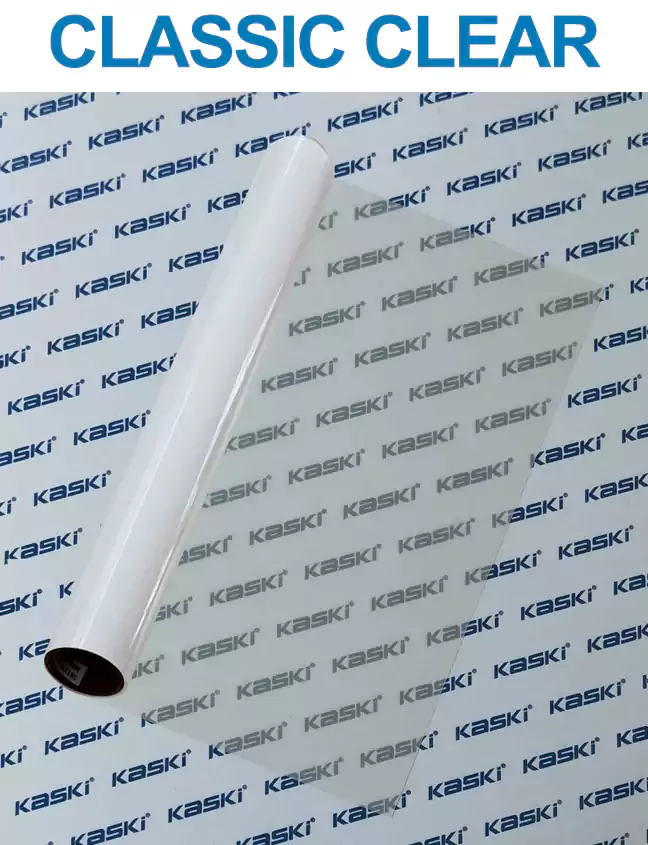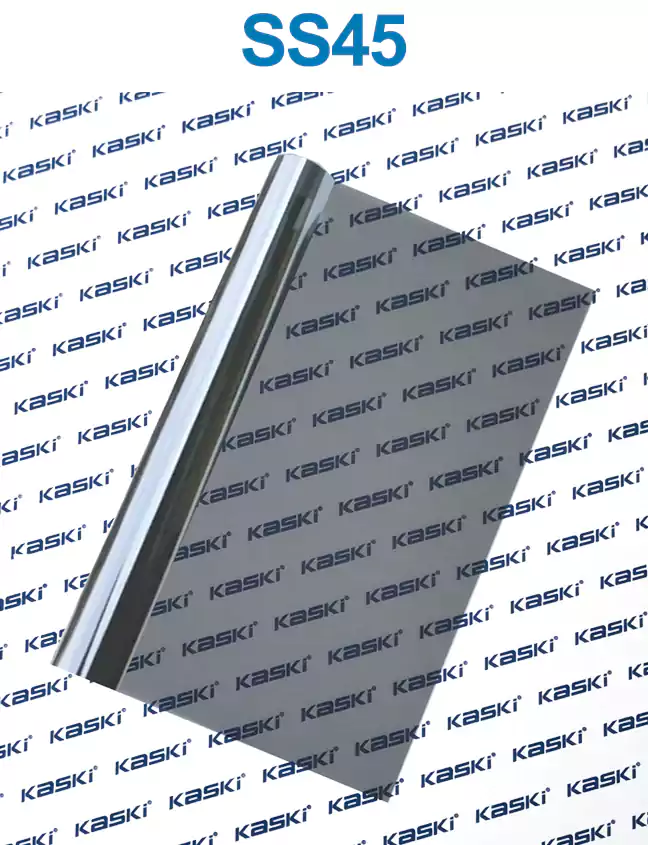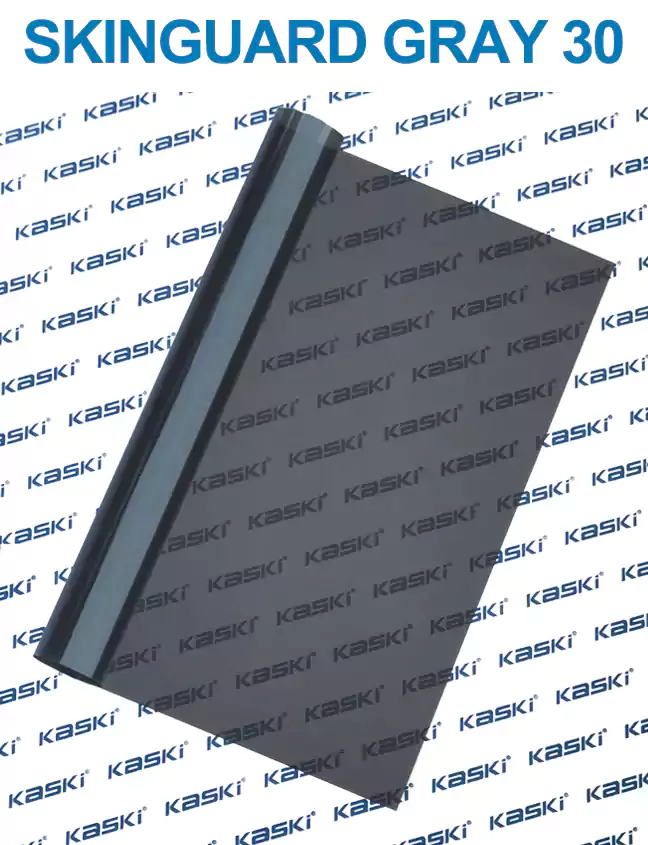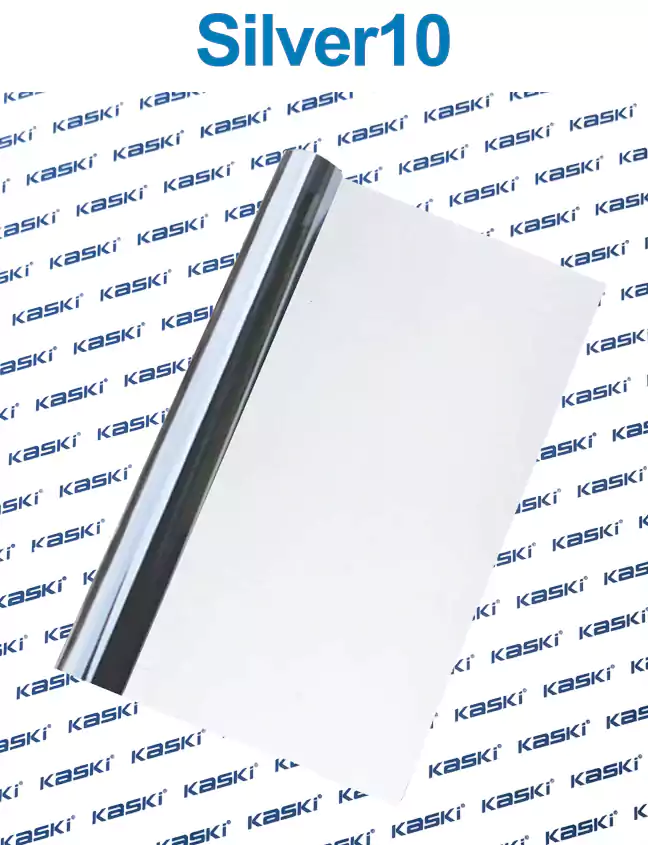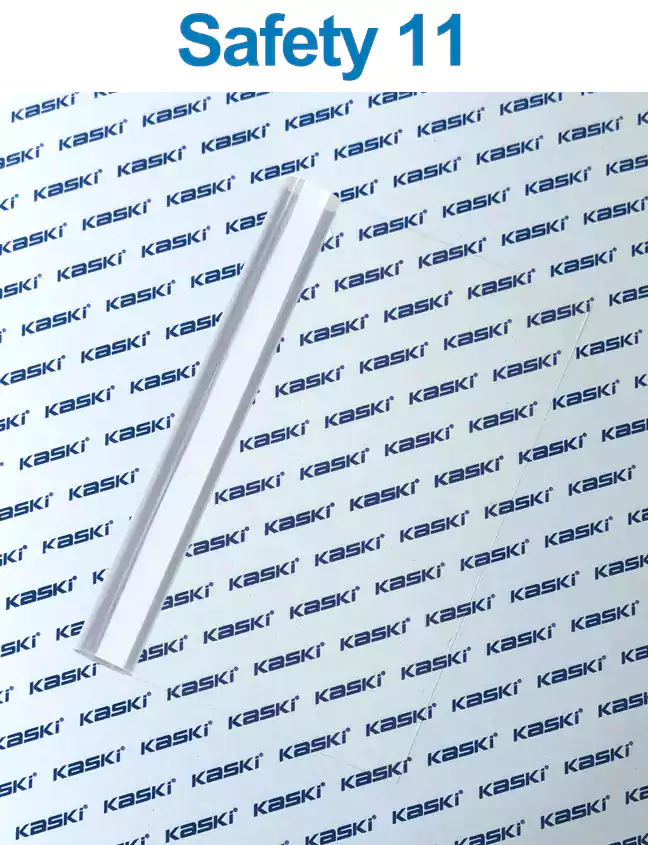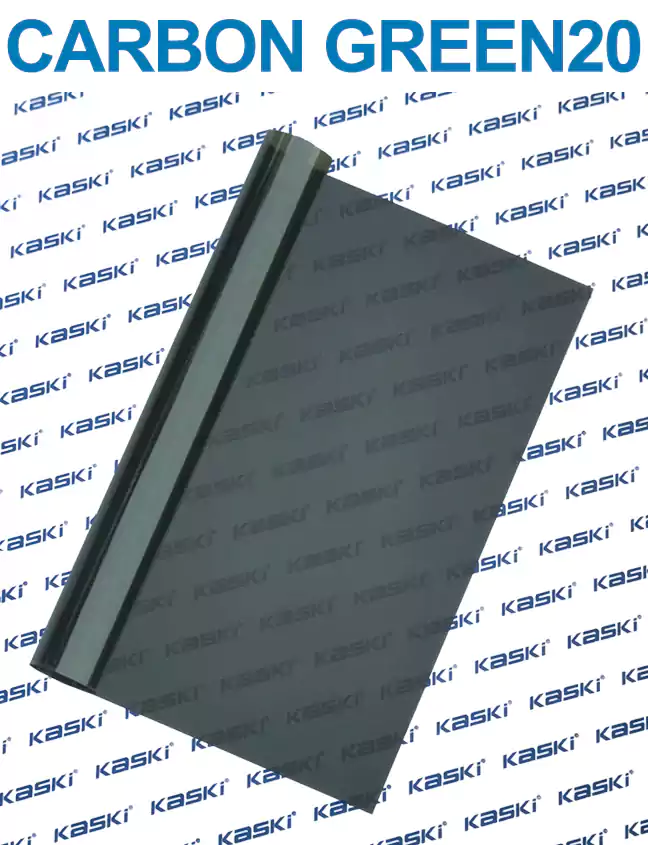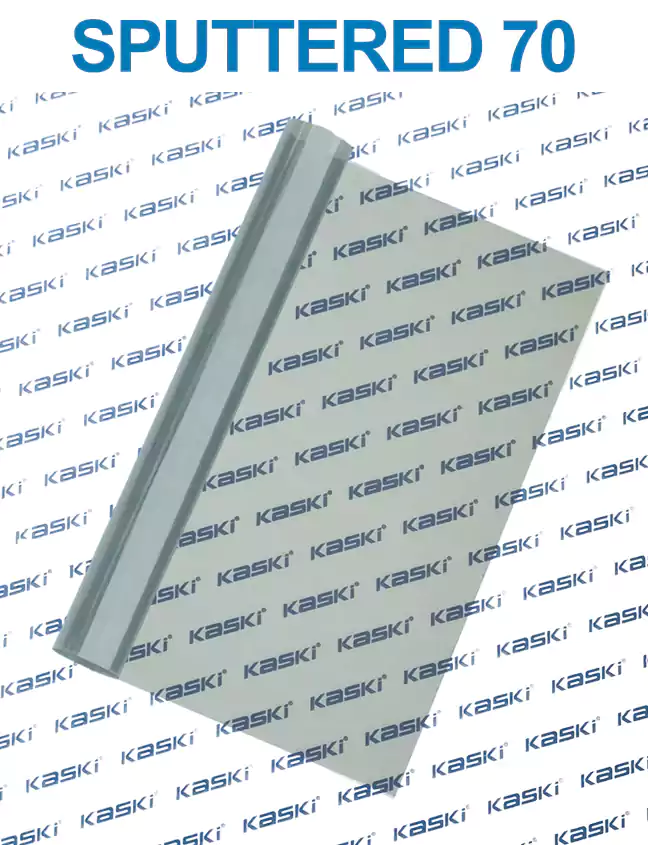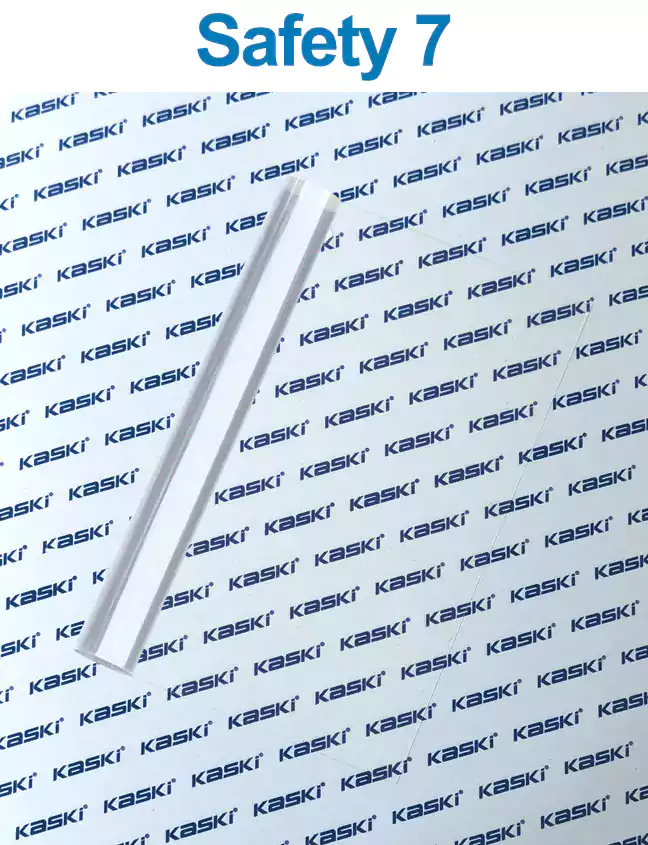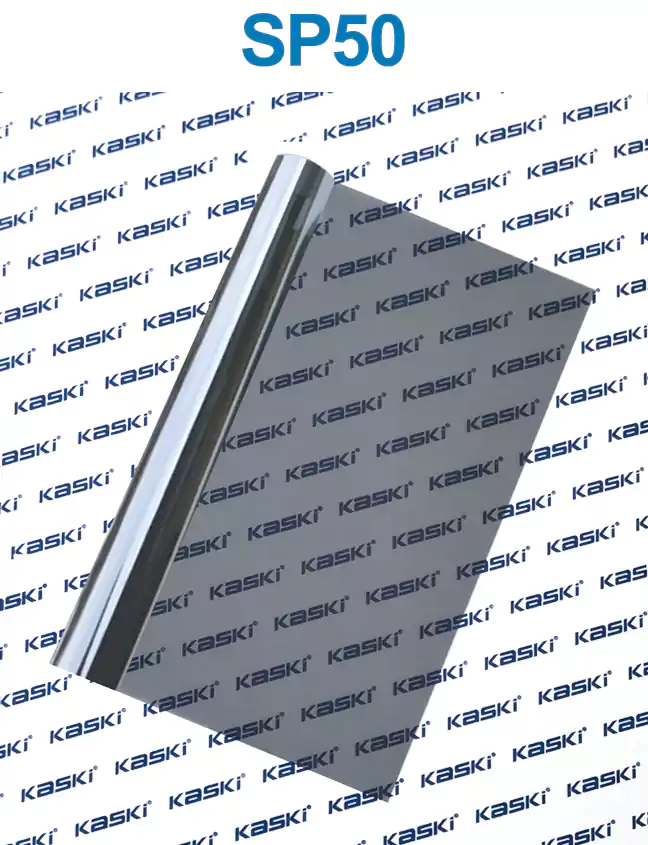Automotive window tinting is a popular and practical solution for car owners looking to enhance the appearance, comfort, and efficiency of their vehicles. Whether you're seeking to reduce glare, protect your interior, or improve energy efficiency, window tinting can offer a wide range of benefits. In this comprehensive guide, we'll explore the principles, advantages, and a detailed installation case study to help you make an informed decision about tinting your car's windows.
The Principles of automotive window tinting
Window tinting film is a thin, transparent or semi-transparent material that is applied to the interior of a vehicle's windows. These films are designed to block a significant portion of the sun's harmful ultraviolet (UV) rays, as well as reduce the amount of heat and glare that enters the car's interior.
The effectiveness of window tinting is measured by its Visible Light Transmission (VLT) and Solar Heat Rejection (SHR) ratings. The VLT rating indicates the percentage of visible light that is allowed to pass through the tinted window, while the SHR rating measures the film's ability to block the sun's heat. Depending on your local regulations and personal preferences, you can choose tinting films with different VLT and SHR levels to achieve your desired level of protection and visibility.
Advantages of Automotive Window Tinting
1. UV Protection: Window tinting films can block up to 99% of harmful UV rays, which can cause fading and damage to your car's interior, as well as pose a health risk to you and your passengers.
2. Reduced Glare: Tinted windows help to reduce the amount of glare from the sun, making it easier to see the road and improving overall driving visibility.
3. Improved Comfort: By blocking the sun's heat, window tinting can help keep your car's interior cooler, reducing the need for excessive air conditioning and improving overall comfort.
4. Enhanced Privacy: Tinted windows provide an added layer of privacy, making it more difficult for outsiders to see into your vehicle.
5. Protect Interior: Window tinting can help protect your car's interior, including decorative curtains, blinds, and upholstery, from fading and damage caused by the sun's UV rays.
6. Increased Energy Efficiency: By reducing the amount of heat that enters your car, window tinting can improve your vehicle's energy efficiency, leading to potential fuel savings and a smaller carbon footprint.
A Detailed Installation Case Study
To provide a better understanding of the automotive window tinting process, let's explore a detailed installation case study.
Vehicle: 2021 Toyota Camry
Window Tinting Application: Side windows, rear glass, and windscreen
The installation process began with a thorough cleaning of the vehicle's windows to ensure a proper adhesion of the tinting film. The technician carefully measured each window and selected the appropriate tinting film to meet the desired VLT and SHR specifications.
Next, the tinting film was carefully cut to fit the contours of each window, ensuring a seamless and professional-looking finish. The film was then applied to the interior of the windows, using a specialized tool to remove any air bubbles or wrinkles.
After the initial application, the technician used a squeegee to smooth out the film and ensure a tight seal around the edges. The vehicle was then left to sit for a specified amount of time, allowing the tinting film to fully adhere to the windows.
Once the curing process was complete, the technician performed a final inspection to ensure the tinting film was properly installed and met the customer's expectations. The entire installation process took approximately 2-3 hours, depending on the complexity of the vehicle's window configuration.
Testimonials
"I'm really impressed with the quality of the window tinting on my Toyota Camry. The installation was quick and the technician was very professional. I've noticed a significant reduction in glare and a noticeable improvement in the interior temperature, even on the hottest days. Highly recommend this service!" - Sarah, 2021 Toyota Camry owner
"Choosing to tint my car's windows was one of the best decisions I've made. Not only does it look great, but it's also made a huge difference in my driving comfort. The tinting blocks the sun's heat and UV rays, keeping my car cooler and protecting my interior. I'm so glad I went with this heat control window film service." - Michael, 2019 Honda Civic owner
In conclusion, automotive window tinting is a practical and versatile solution that can provide a wide range of benefits for car owners. By understanding the principles, advantages, and installation process, you can make an informed decision about tinting your vehicle's windows and enjoy the improved comfort, efficiency, and appearance of your car.

